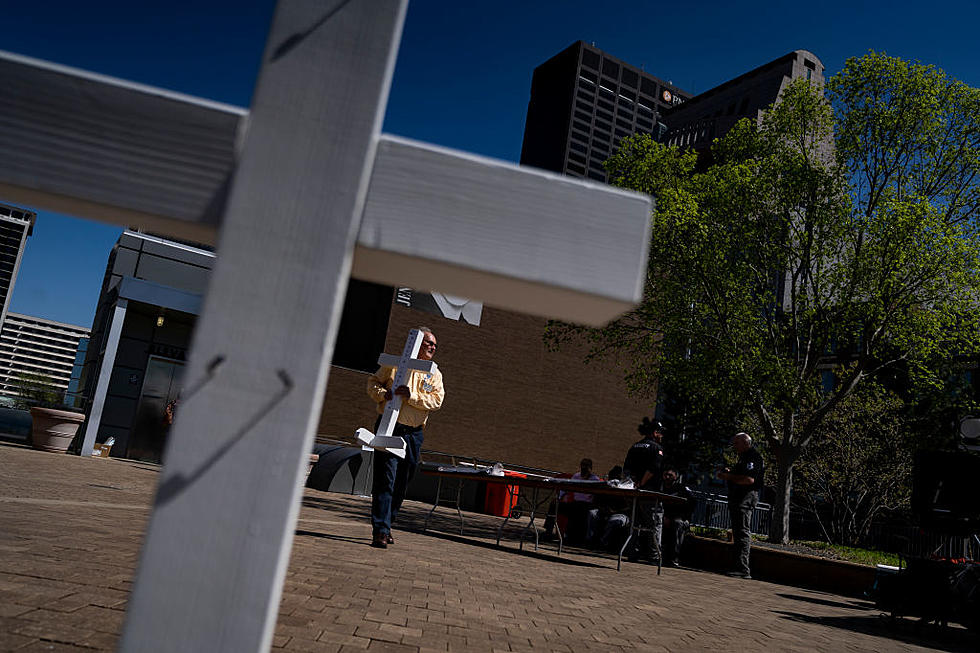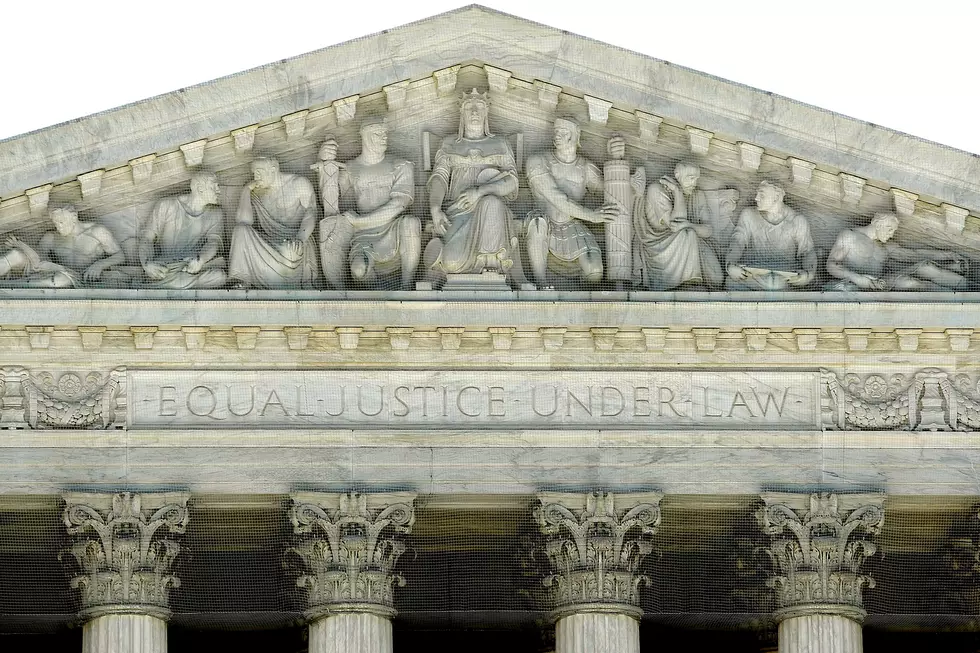
Arlene’s Flowers Loses Appeal, May Go to U.S. Supreme Court
After the U.S. Supreme Court ruled (in a split decision) that Colorado's Supreme Court had religious bias against a baker in that state who denied a wedding cake to a gay couple, the Washington Supreme Court reheard Arlene's Flowers case. The court again ruled in favor of the plaintiffs.
Baronelle Stutzman, owner of Arlene's Flowers in Richland on Lee Blvd., had sold flowers to a gay couple for years, but when they asked her to do arrangements for their wedding, she said she could not due to her Christian religious beliefs.
She told the courts wedding arrangements require artistic inspiration that celebrate the event. Requiring her to do the event would require her, as an artist, to create a piece celebrating something she felt was displeasing to God. Her attorneys told a series of judges that the request was akin to forcing an artist to make a painting or compose a song celebrating something they found morally objectionable.
The state of Washington's lawyers argued an individual cannot be denied a product or a service by a business providing that same service to others because the business dislikes a customer's race, beliefs or gender orientation. They did not accept the "artist" argument, nor considered it an infringement on Stutzman's religious beliefs.
A series of judges agreed, including the state Supreme Court. After reviewing the case following the decision on the Colorado wedding cake baker, Washington's judges again agreed Stutzman's rights had not been infringed upon, but the gay couple's had.
In similar cases, courts have ruled business owners or employees may personally decline to perform a service they find morally objectionable, but the business itself must provide the product or service. This suggests Stutzman could have assigned the client to an employee, but should not have refused service completely.
Now that the U.S. Supreme Court kicked the case back to the state, and the state sided against her, Stutzman is free to again appeal to the U.S. Supreme Court. Several controversial cases, including ones pertaining to abortion, are seeking to be heard by the court since two new conservative judges were added by President Donald Trump.
More From 870 AM KFLD









